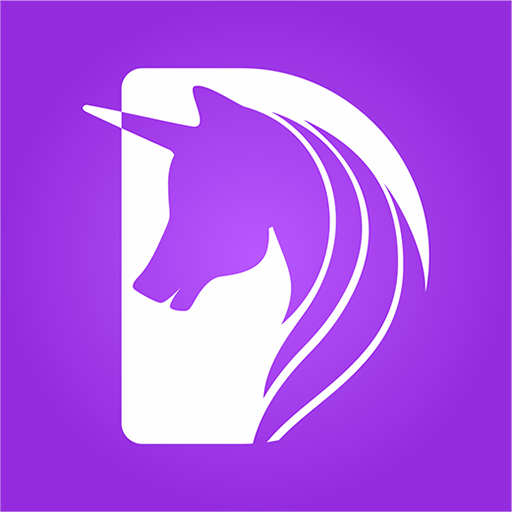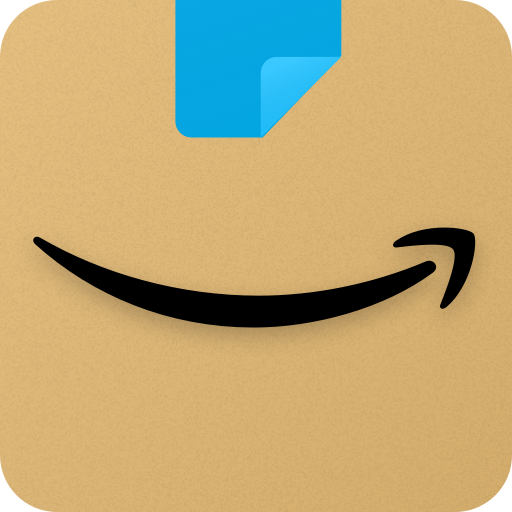Historical Calendar
About this app
In today's fast-paced environment, tracking significant historical events can be both enlightening and practical. Historical calendar applications have emerged as valuable tools that provide features designed for both history enthusiasts and casual learners.
This article will examine the functionality and common features of these applications, highlighting the unique offerings of popular options. We will assess the advantages and disadvantages, review leading historical calendar apps, and offer insights to assist you in selecting the most suitable option for your needs.
Experience the rich tapestry of history readily accessible at your fingertips.
What are Historical Calendar Apps?
Historical calendar applications function as digital educational tools that enable users to explore significant historical events through a comprehensive timeline view, thereby enhancing their understanding of past occurrences. These applications not only provide reminders and notifications for notable events but also incorporate valuable search functionality and customization options, catering to a diverse range of user demographics across platforms such as iOS and Android.
Their user-friendly interfaces and interactive designs contribute to a rich user experience, facilitating organized engagement with history.
By effectively utilizing technology, these applications promote a deeper appreciation for the historical context surrounding key dates and figures. Users have the opportunity to delve into specific themes, such as political movements, cultural milestones, or scientific breakthroughs, thereby broadening their knowledge base.
Many historical calendar applications are designed to integrate seamlessly with other platforms and tools, enabling users to share and synchronize historical insights with educational content or personal calendars. Through these features, the applications not only act as repositories of information but also foster learning and discussion, making history more accessible and relevant to contemporary users.
Features and Functionality of Historical Calendar Apps
Historical calendar applications are equipped with a comprehensive set of features and functionalities aimed at enhancing usability and performance, thereby facilitating a seamless interaction for users.
Key components, such as calendar integration, event alerts, and extensive customization options, enable users to personalize their experience and effectively accommodate their scheduling requirements.
Additionally, the design of these applications emphasizes user interface elements that streamline navigation and ensure efficient date tracking, all while presenting a visually appealing representation of historical timelines.
Common Features of Historical Calendar Apps
Common features found in historical calendar applications include reminders, notifications, and comprehensive date tracking capabilities that keep users informed about significant historical events. Many applications offer offline access, ensuring that users can engage with their curated timelines regardless of internet connectivity. This functionality promotes user engagement by allowing a seamless integration of historical data into daily life while enhancing effective time management.
These applications frequently include customizable alerts that can be tailored to users' specific interests, thereby capturing the attention of individuals with varied preferences.
While some applications excel in providing visually appealing interfaces that enhance the user experience, others prioritize comprehensive content by offering in-depth details about the events and figures that have shaped history.
In comparing different applications, one may observe unique approaches to user interaction, including gamification elements or social sharing options, which further enrich the engagement level and encourage users to explore and learn from the extensive array of historical moments available.
Unique Features of Popular Historical Calendar Apps
Popular historical calendar applications frequently offer distinctive features that differentiate them from one another, including interactive timelines, community engagement options, and integrations with educational resources. User feedback is integral in shaping these unique characteristics, as developers aim to enhance the user experience by addressing feature requests pertaining to cultural events and historical contexts. A comparative analysis of these applications based on their unique functionalities can provide valuable insights for potential users seeking the most suitable option for their needs.
Numerous users value the opportunity to explore historical data through engaging visual formats, while others highlight the significance of customizable content that resonates with their local culture and heritage. A notable feature in certain applications is the incorporation of multimedia elements, such as videos and podcasts, which deepen the understanding of historical events. Additionally, the option for community engagement enables users to share personal insights or participate in discussions regarding significant milestones, thereby fostering a collective appreciation for history.
Therefore, in addition to core functionalities, it is essential to examine user preferences to identify applications that align with individual historical interests.
Pros and Cons of Using Historical Calendar Apps
When evaluating historical calendar applications, it is imperative to consider the advantages and disadvantages, as user satisfaction can significantly differ based on individual experiences and requirements.
The benefits typically include enhanced usability, improved organization of historical data, and a variety of pricing models, such as subscription or one-time purchase options. However, users must also take into account potential drawbacks, including concerns related to data privacy, security vulnerabilities, and limitations in app performance across various platforms, all of which can impact overall functionality.
Advantages of Historical Calendar Apps
The advantages of utilizing historical calendar applications encompass enhanced productivity and organization, functioning as effective educational tools that foster an understanding of historical significance and context. These applications assist users in tracking important dates and events through reminders and notifications, thereby improving their overall time management skills. The incorporation of visual elements and interactive features renders the study of history both engaging and accessible.
By employing these tools, individuals can explore pivotal moments of the past, gaining insights that not only broaden their knowledge but also promote critical thinking skills. These applications offer customizable views and categories, which can facilitate the structuring of study sessions or the planning of events centered around historical themes.
Users can also access supplementary resources through links and references accompanying each entry, thereby cultivating a deeper understanding of how historical events influence contemporary society. Ultimately, these applications enhance the learning experience while ensuring that individuals maintain organization and productivity in their daily activities.
Disadvantages of Historical Calendar Apps
Despite the numerous advantages, historical calendar applications also present certain disadvantages that can significantly impact user experience. These include inconsistent performance metrics and frequent updates, which may disrupt usability. User ratings often reflect the challenges faced, such as navigation difficulties, the accuracy of historical data, and the need for continuous improvements based on usability testing feedback. Some users express a preference for one-time purchase options rather than subscription models.
The complexity of integrating diverse historical events and timelines frequently results in a cluttered interface, which may alienate users who seek simplicity. Additionally, many users have noted that the search functions within these applications can be sluggish or unreliable, hindering their ability to swiftly locate specific information.
User reviews often underscore a disconnect between user expectations and the app's actual performance, leading to frustration that may deter continued use. Given these drawbacks, it is imperative for developers to prioritize user-centric design and enhance overall application functionality to promote greater user satisfaction.
Top Historical Calendar Apps to Consider
When evaluating the leading historical calendar applications, it is essential to conduct a thorough comparison based on criteria such as user ratings, download statistics, and installation processes. Each application presents unique features, user interface designs, and functionalities, making it crucial to assess them in relation to individual needs and preferences.
This comprehensive analysis will assist potential users in selecting an application that aligns most effectively with their educational and organizational objectives.
In-depth Review of Top Historical Calendar Apps
An in-depth review of leading historical calendar applications reveals detailed insights into their functionality, user feedback, and the manner in which they convey historical context through engaging graphics. A thorough evaluation of each application's features, usability, and educational resources offers valuable perspectives on their effectiveness as tools for both learning and organization.
This assessment aims to assist potential users in understanding the utility of these applications in enhancing their comprehension of historical events and timelines.
By analyzing the distinctive offerings of each application, one can discern how they accommodate various learning styles and interests, thereby making the study of history more engaging. User feedback underscores notable strengths such as intuitive interfaces, the depth of displayed content, and the capability to create personalized timelines.
Furthermore, many of these applications incorporate interactive elements that stimulate curiosity and promote deeper exploration of significant historical milestones. As educators strive to implement innovative techniques to engage students, these applications not only function as educational resources but also as instruments for fostering a greater appreciation for history.
Final Thoughts on Historical Calendar Apps
Historical calendar applications serve as a valuable resource for individuals aiming to enhance their understanding of historical significance while simultaneously improving their organizational skills. Analyzing app performance and user engagement demonstrates that these applications can promote a deeper connection to history, particularly through community features and interactive elements that engage users effectively. As technology continues to advance, the future of these applications holds the promise of providing even more immersive educational experiences.
These tools not only offer users a chronological perspective of events but also encourage exploration through multimedia content, including videos and images that vividly illustrate historical moments. Educators can leverage these applications to develop engaging lesson plans that incorporate real-world timelines, enabling students to appreciate the context behind historical dates.
Furthermore, the capability to customize notifications and reminders pertaining to significant historical events allows users to remain informed and connected, thereby transforming the perception and teaching of history.
In conclusion, the importance of integrating historical calendars into educational frameworks is substantial, as they significantly enhance user engagement and contribute to a richer understanding of the past.



















